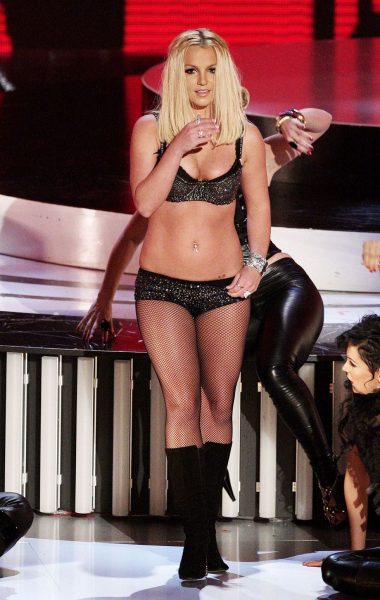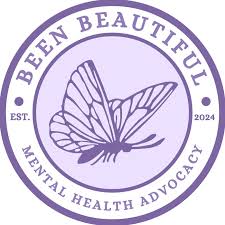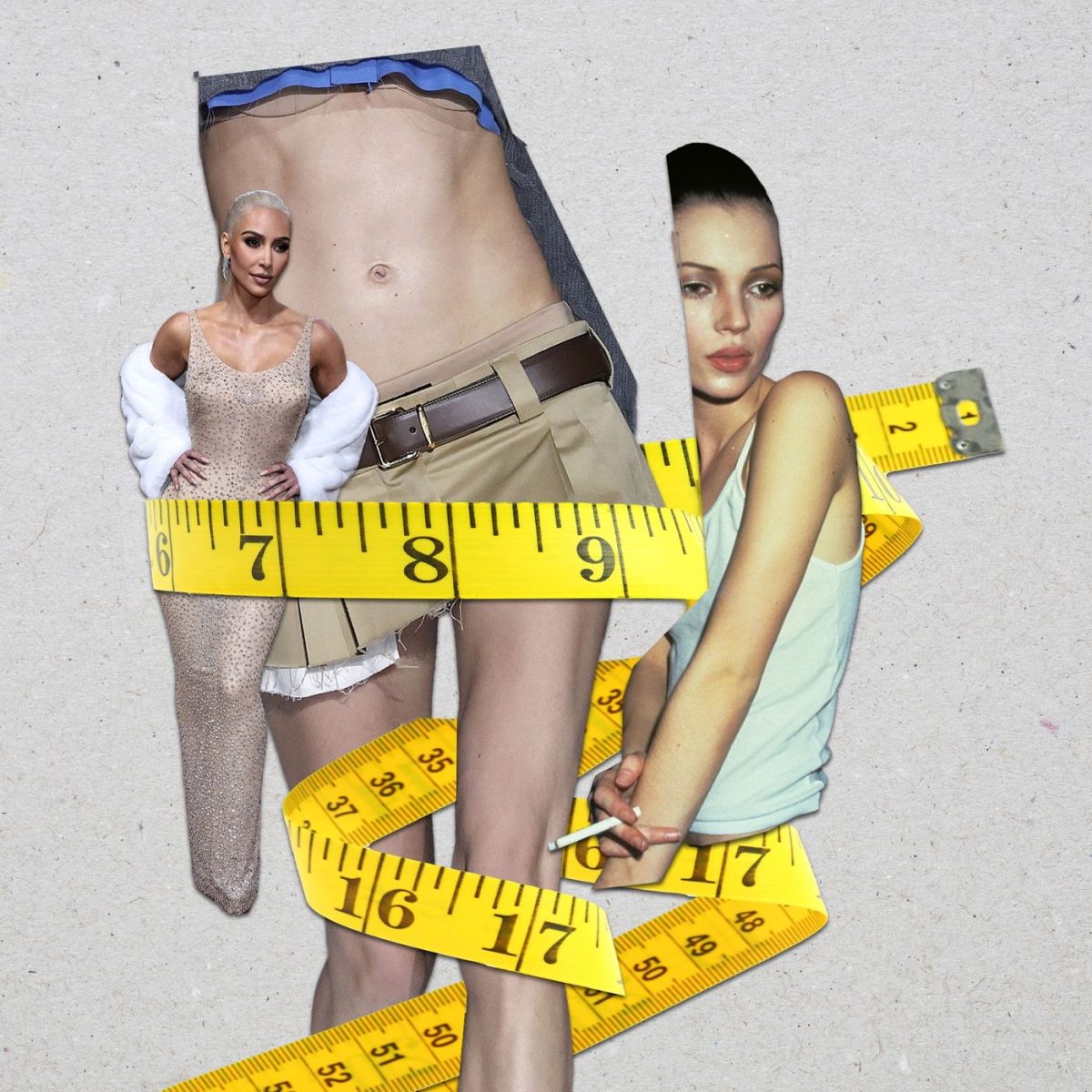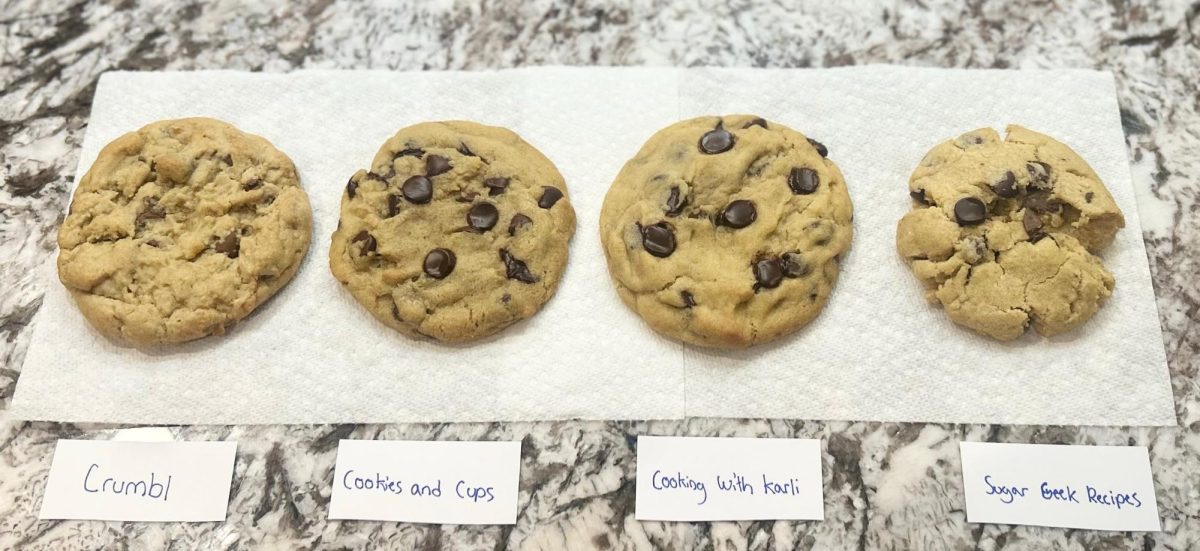“You look like you should lose weight.” Is exactly the opposite of what everyone in the world wants to hear. It’s 2024. It’s time to stop commenting on people’s bodies. In the past year, mainstream media has seen a rapid surge in the recurrence of 2000s diet culture trends such as skinny fashion, Ozempic, and other weight loss drugs. At this point, most of the mainstream media has accepted that skinny is back in. So let’s retrospectively look at some of the worst cases of the 2000s now Infamous diet culture.
Before we get in, let’s define a couple terms that have been thrown around in the last couple years. As defined by the National Institute of Mental Health, eating disorders are serious and often fatal illnesses that are associated with severe disturbances in people’s eating behaviors and related thoughts and emotions. Equip Health defines diet culture as “a system of social beliefs and expectations that values thinness above all.” And body neutrality is defined by the New York Times as “the ability to accept and respect your body even if it isn’t the way you’d prefer it to be.”
If anyone deserves an apology from the mainstream media more than Britney Spears, I would love to hear your argument. For years, Spears was dragged through the mud for everyone else’s entertainment. Spears started to perform before the age of 10, and she became scrutinized for almost everything she did. Her hair, clothes, and yes, her body were all topics of discussion. After a public breakdown in front of paparazzi, which caused Spears to shave her head, she became the butt of almost every joke over the next year. Not six months after this, actor Joel McHale criticized Spears’ performance, saying it was “the greatest impression of an office worker embarrassing themselves at a holiday party I’ve ever seen.” He later goes on to refer to Spears as “the fat girl.” This is what Britney Spears looked like.

I don’t know anyone who would call this fat. McHale has still not issued a public apology.
This idea that women were fat just because they weren’t a size zero can be seen a lot during the 2000s, from the infamous Devil Wears Prada quote of “not since two became the new four and zero became the new two.” It’s hard not to see how eating disorder rates in America soared during the 2000s. The National Mental Health Institute reports that hospitalizations due to eating disorders went up 53% from 1999 to 2008. Other victims of 2000’s diet culture and our public interest in criticizing bodies were the Olsen twins.
An interview with Oprah from 2004 shows the then 18-year-old twin being asked what size they are. When they refused to answer the question, the audience laughed. Clearly uncomfortable, and they tried to laugh it off as well. At the end of 2004, Mary-Kate Olsen revealed that she had been suffering from anorexia. The fascination with these women’s bodies is nothing short of despicable and exploitative. Britney deserved better than this, the Olsen twins deserved better than this, and Americans deserved better than this. If our society is so consumed with the idea that our bodies are not worthy if they’re not small enough, we’re going to further continue the cycle.
In 2023, Novo Nordisk reported that they had 24.5 billion dollars in sales in the first nine months of 2023. Novo Nordisk is a pharmaceutical manufacturing company that focuses on diabetic medicine. The company reports that a third of their sales last year were from Ozempic. Ozempic is a drug that can save many people’s lives. but this year it has been abused by so many celebrities for weight loss. From Kim Kardashian to Oprah, many celebrities have been open about using these drugs to lose weight. Though one actor in particular had a different response. Actor Anthony Anderson stated that “we need it not for weight loss but for our health”. Since Ozempic has become so widely used, it’s harder to access if you’re a diabetic who needs it.
Diet culture hurts us all, and with this new wave of Ozempic terror, we might become just as bad as the 2000s were. We must all come to an agreement that we will practice body neutrality, respecting everybody’s body, including your own, no matter how it looks. If no one told you this today, please take it as a reminder. Eat something today. You are worthy of eating, no matter what your body looks like. There should be no shame in taking care of yourself before you try to contort your body into something it is not.






















